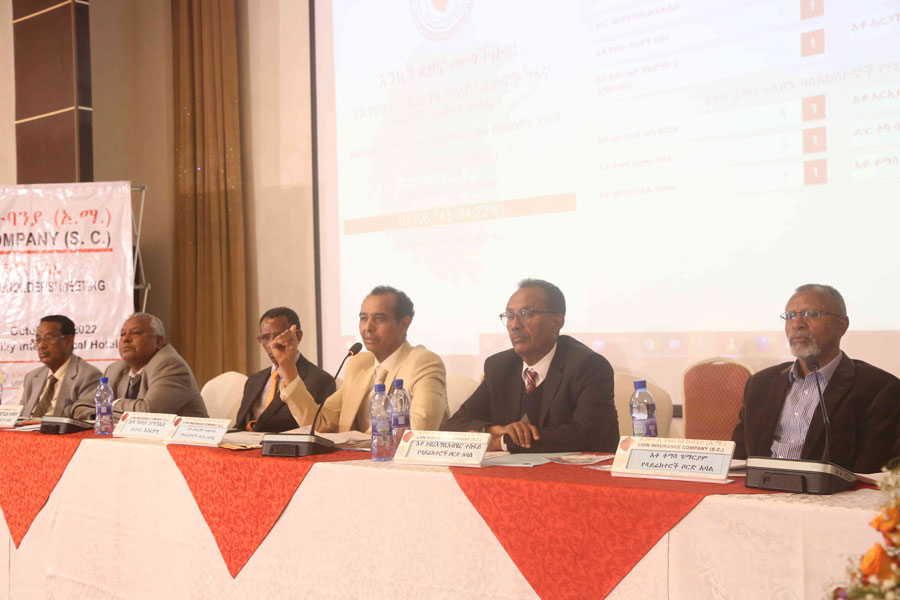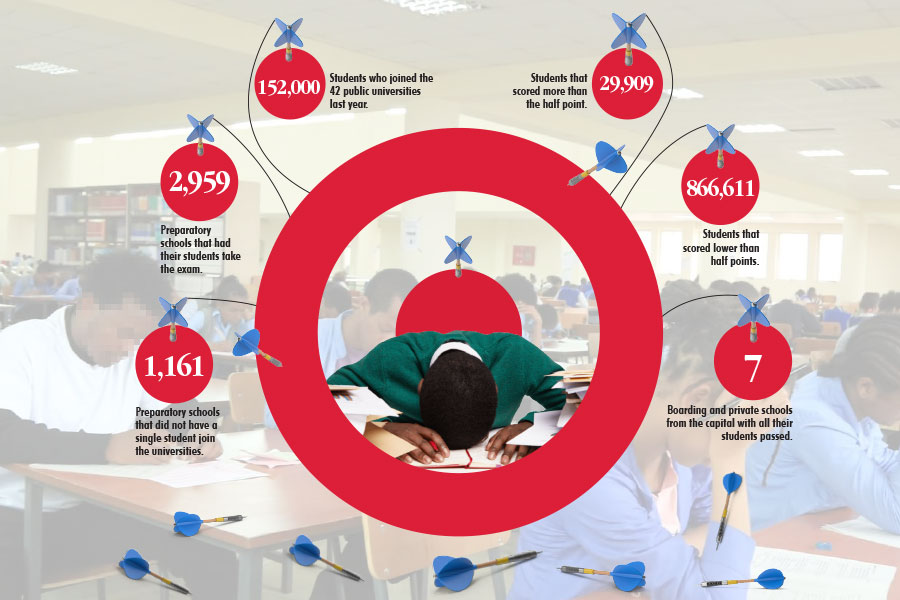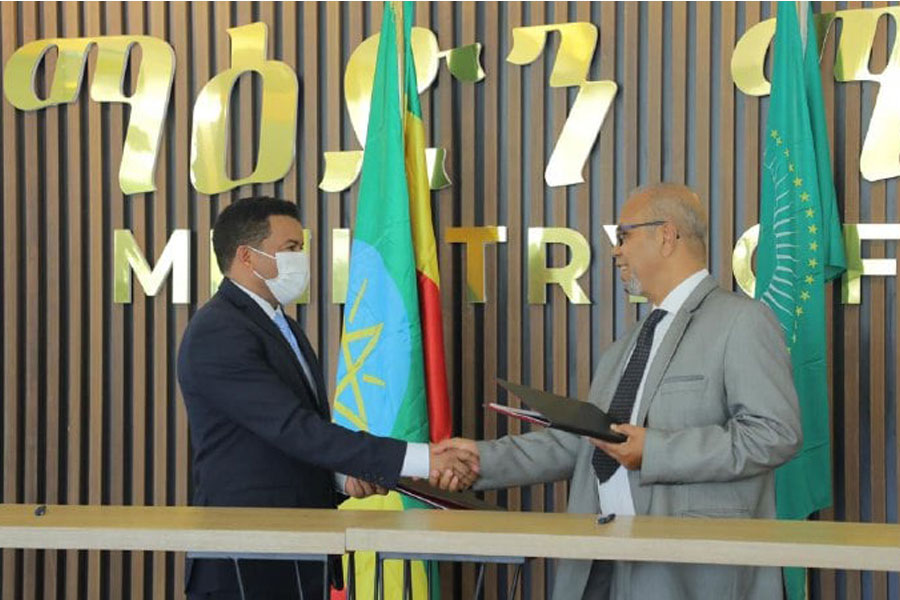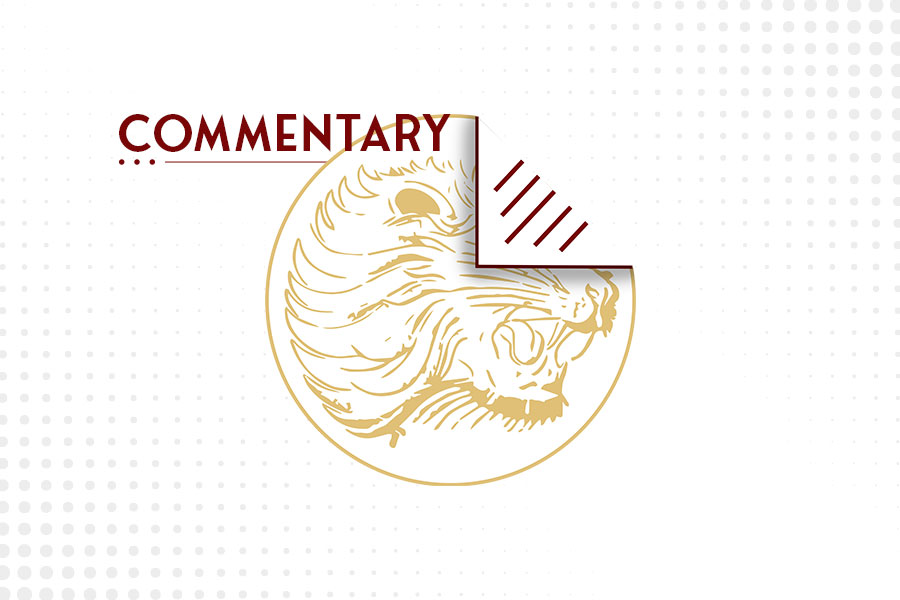
Feb 17 , 2024
By Hintsa Andebrhan
In a surprising turn of events that has left many bewildered, the Food & Agriculture Organization (FAO), a United Nations agency, recently awarded Prime Minister Abiy Ahmed (AU) the esteemed Agricola Medal. This honour, bestowed for leadership and commitment to food security, contrasts with previous criticisms directed at his administration by international bodies, including the FAO itself.
Notably, various UN agencies criticised the federal government for obstructing humanitarian aid to the conflict-ridden region of Tigray during the two-year civil war. Further allegations surfaced in September 2023, with both the World Food Programme (WFP) and the United States Agency for International Development (USAID) blaming it for misappropriating over 7,000tns of wheat and 215,000ltrs of oil designated for those in dire need.
This backdrop of criticism makes the FAO's accolade appear incongruous to observers and the public alike. The recognition has sparked a mix of scorn and outrage among those who see it as a mocking gesture by an international organisation towards a country nabbed by drought and governance issues. While international accolades may bolster the government's image abroad, they do little to address the pressing problems of food security and economic hardship that affect the populace.
The Prime Minister's response to the ongoing drought crisis, which he discussed before Parliament two weeks ago, did little to quell public dissatisfaction. He seemingly underestimated the crisis by equating the drought to the historic victory at Adwa, urging against its politicisation. Such statements have drawn criticism for glossing over his administration's responsibility to implement effective policies to combat and mitigate the impacts of such natural disasters, rather than simply relying on international aid.
His Minister of Planning & Development, Fitsum Asefa (PhD), defended the FAO's recognition, characterising it as a global acknowledgement of Ethiopia's strides towards transforming its food security. However, her statement sits uncomfortably with the reality of her government's policies on wheat exports, which have been criticised for aggravating the daily struggles of ordinary Ethiopians.
In his address, Prime Minister Abiy also expressed confusion over the West's stringent posturing towards Ethiopia, suggesting a misunderstanding or disagreement with the Western approach to international relations, which typically emphasises adherence to certain policies and regulations. It primes a broader issue of geopolitical strategy and the challenges faced by the government in aligning its policies with those of Western countries, which often wield significant influence in international affairs.
The discussion extended to Ethiopia's geopolitical ambitions, particularly of the Red Sea corridor, a region of strategic importance. The Prime Minister's remarks about Ethiopia's historical contributions to peacekeeping and its diplomatic efforts revealed his frustration with the perceived shift in Western support from Ethiopia towards other countries like Kenya, which appears to be enjoying favourable relations with the West under William Ruto's administration. Ruto's government has been adept at international politics, balancing African interests and Western expectations.
Eritrea's position was also raised as a counterpoint to Ethiopia's situation. Despite past criticisms from American officials such as Secretary of State Hillary Clinton, Eritrea's policy of self-reliance has recently seen a shift in perception from the West, indicating a possible thawing of relations and a reevaluation of Eritrea's role in regional politics.
The recent trends in international relations, domestic policy challenges, and regional dynamics show the delicate balance Ethiopia must strike in pursuing its interests. The FAO's award to the Prime Minister ostensibly celebrates his leadership in food security. However, the timing and context it was given have led to scepticism and criticism within Ethiopia and among international observers. The incident serves as a microcosm of the broader crises Ethiopia faces, where the need for effective governance, robust economic policies, and strategic diplomacy is acute. His administration's responses to these challenges will be crucial in shaping Ethiopia's future about its domestic stability and standing on the global stage.
The wisdom of the late Henry Kissinger, who noted that America's foreign policy is driven by permanent interests rather than permanent friends or enemies, should offer a poignant reminder. For Ethiopia, the imperative is to formulate policies that safeguard national interests while engaging constructively with the international community. This involves ensuring food security and economic stability at home while steering through a web of international relations and regional geopolitics.
PUBLISHED ON
Feb 17,2024 [ VOL
24 , NO
1242]


Fortune News | Mar 27,2021

Sunday with Eden | Nov 26,2022

Agenda | Oct 19,2019

Fortune News | Feb 25,2023

Fortune News | Feb 04,2023

Commentaries | Jan 07,2023

Radar | Nov 05,2022

Agenda | Dec 30,2021

Fortune News | Jan 15,2022

Commentaries | Apr 29,2023

My Opinion | 132151 Views | Aug 14,2021

My Opinion | 128561 Views | Aug 21,2021

My Opinion | 126482 Views | Sep 10,2021

My Opinion | 124091 Views | Aug 07,2021





Dec 22 , 2024 . By TIZITA SHEWAFERAW
Charged with transforming colossal state-owned enterprises into modern and competitiv...

Aug 18 , 2024 . By AKSAH ITALO
Although predictable Yonas Zerihun's job in the ride-hailing service is not immune to...

Jul 28 , 2024 . By TIZITA SHEWAFERAW
Unhabitual, perhaps too many, Samuel Gebreyohannes, 38, used to occasionally enjoy a couple of beers at breakfast. However, he recently swit...

Jul 13 , 2024 . By AKSAH ITALO
Investors who rely on tractors, trucks, and field vehicles for commuting, transporting commodities, and f...

Jul 12 , 2025
Political leaders and their policy advisors often promise great leaps forward, yet th...

Jul 5 , 2025
Six years ago, Ethiopia was the darling of international liberal commentators. A year...

Jun 28 , 2025
Meseret Damtie, the assertive auditor general, has never been shy about naming names...

Jun 21 , 2025
A well-worn adage says, “Budget is not destiny, but it is direction.” Examining t...

Jul 13 , 2025 . By YITBAREK GETACHEW
The Addis Abeba City Revenue Bureau has introduced a new directive set to reshape how...

Jul 13 , 2025 . By BEZAWIT HULUAGER
Addis Abeba has approved a record 350 billion Br budget for the 2025/26 fiscal year,...

Jul 13 , 2025 . By RUTH BERHANU
The Addis Abeba Revenue Bureau has scrapped a value-added tax (VAT) on unprocessed ve...

Jul 13 , 2025 . By NAHOM AYELE
Federal lawmakers have finally brought closure to a protracted and contentious tax de...